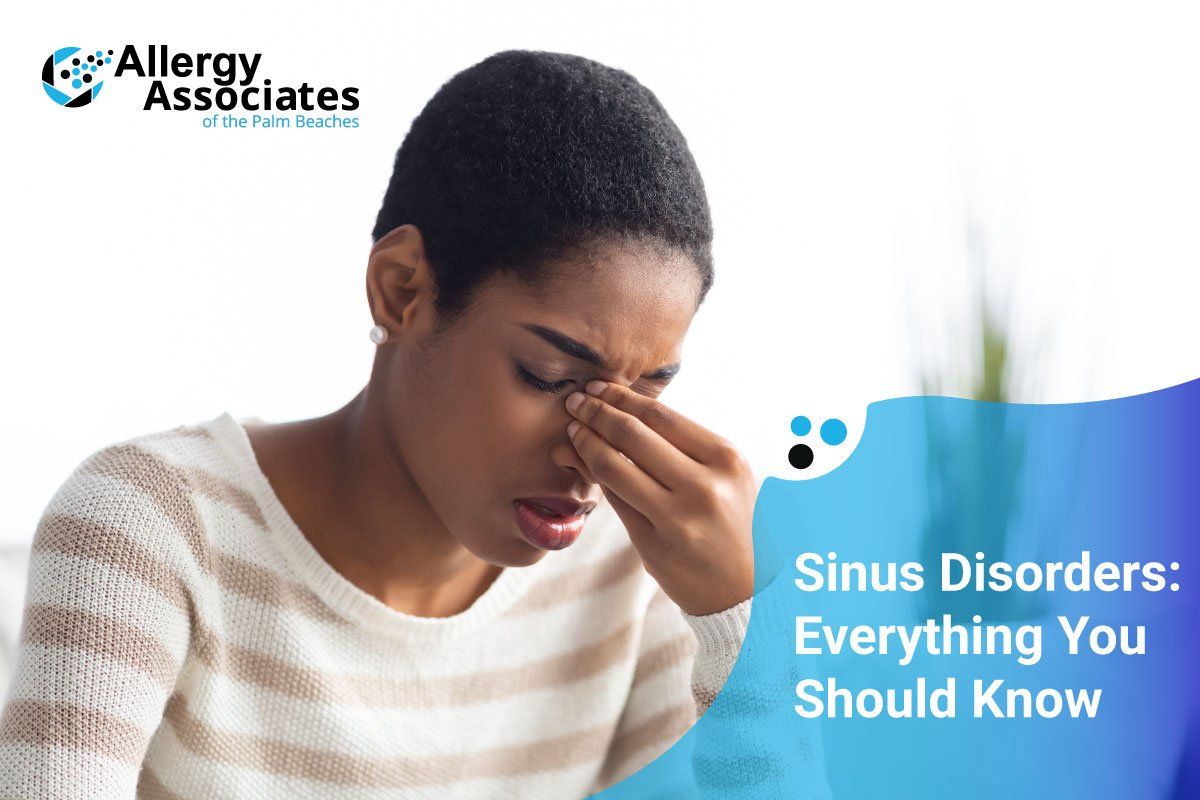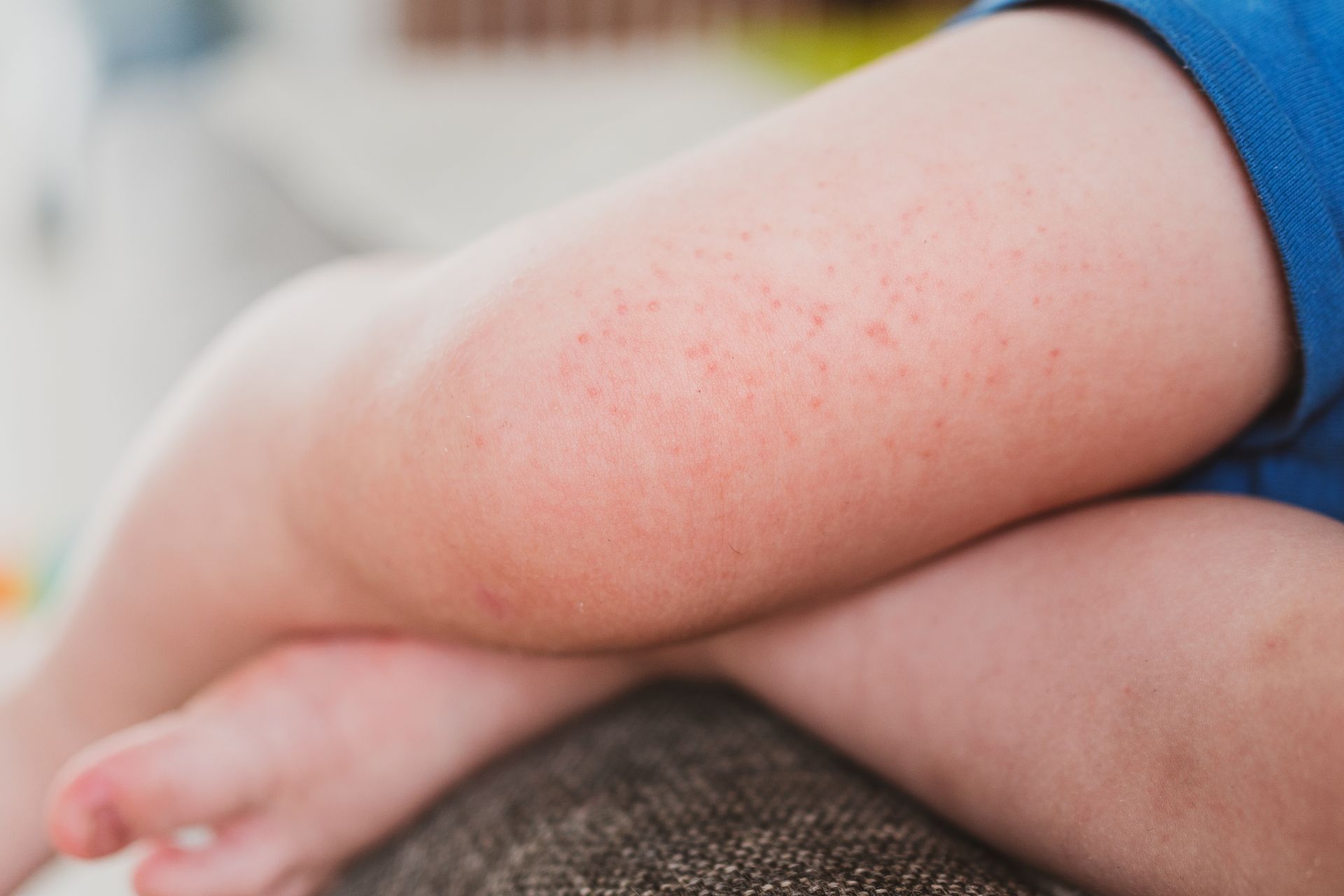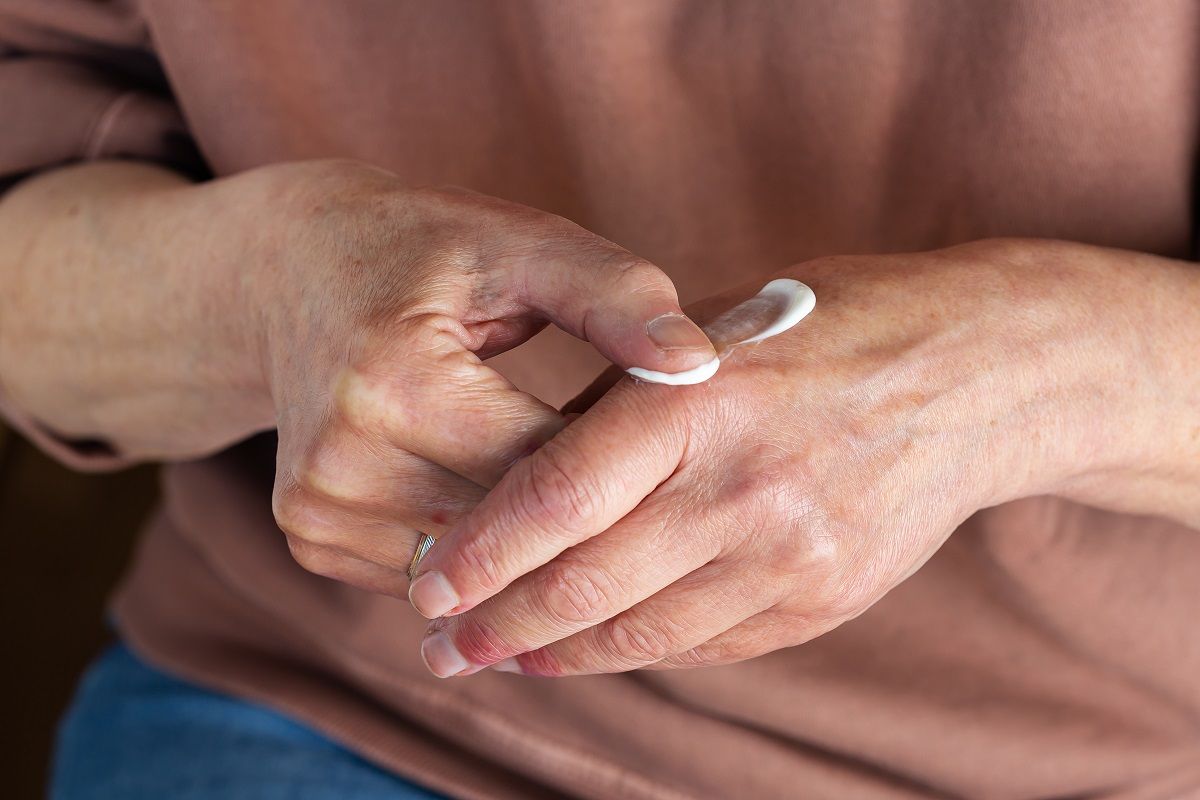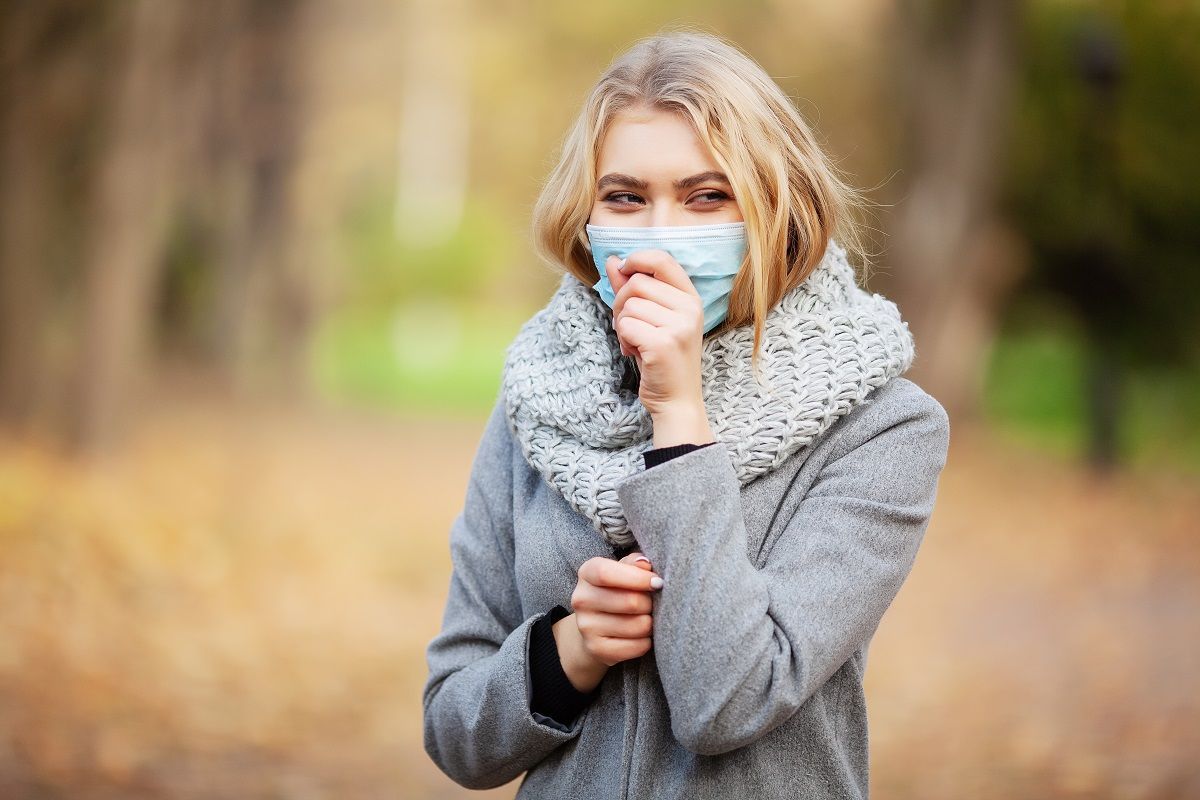
In the United States, 1 out of 7 adults suffers from sinusitis each year. This means that millions of people are dealing with one of the most common medical problems affecting the nation. If you don't suffer from any sinus problems, that's great! But if you do, you know just how frustrating they can be. Sinus infections are not pleasant. Besides causing pain and discomfort, they can negatively affect your health and wellbeing.
This guide can provide all the information needed for those with sinus problems or their loved ones who suffer from them. When you understand your condition, you'll be in a better position to decide which treatment is right for you.
Overview of the Sinuses
Your sinuses are located between your forehead and cheeks and behind your nose and eyes on your face. Generally, each person has four sets of sinus cavities or eight altogether. Sinuses are tiny openings lined with mucous membranes where air can pass in and out. These hollow cavities produce mucus when air is ingested that humidifies and filters the air of germs, bacteria, and other irritants. In most people, mucus drains from the nose through these openings.
What Happens When a Sinus Becomes Blocked?
Sinuses can become blocked as the openings narrow or an excessive mucus build-up. In some people, chronic infections, allergies, or exposure to smoke or other pollutants can cause thickening of the lining. Even an average amount of mucus can clog the sinuses if this happens. Pain and discomfort occur when a sinus becomes blocked by fluid accumulation, leading to swelling and pressure.
What Is a Sinus Infection?
Sinusitis or sinus infection is the swelling or inflammation of the sinus lining. A sinus infection (sinusitis) occurs when the lining of a sinus becomes inflamed. An allergy, a virus, bacteria, or abnormal growths in the nasal passages can cause a sinus infection. Other causes of sinusitis include changes in air pressure, pollution, and mouth breathing.
We can classify the severity of sinusitis into four categories depending on the duration of the nasal infection.
- Acute Sinusitis can start suddenly and last 1-4 weeks, and most of the time, it is self-resolving and requires no treatment.
- Subacute Sinusitis can last between 4 and 12 weeks.
- Chronic Sinusitis can last for more than 12 weeks.
- Recurrent Sinusitis means that there have been several episodes of acute Sinusitis within one year.
How Do I Know If I Have Sinusitis?
It is common to confuse sinusitis with allergies or colds; how can you tell for sure? Sinus infections bear many of the same symptoms as allergies and colds, making them hard to distinguish. However, there are some key differences.
The most common symptom of an acute sinus infection is pain or pressure in the face, occurring quickly and escalating over time, usually on one side of the nose. This pain often spreads to the upper teeth or above the eye and gets worse when one bends over.
It would be best if you also looked out for the other sinus infections signs below.
- Nasal congestion
- Runny nose
- Cough, especially at night
- Thick yellow or green nasal discharge that's continuous for ten days or more
- Fever (more common in children)
- Drainage into the back of the throat from the nasal passages (postnasal drip)
- Decreased sense of smell and taste
- Headache (especially in front of the head)
- Fatigue
- Pain in the upper jaw and teeth
Keep a close eye on the symptoms you are experiencing. Complications can develop, such as an inner ear infection, meningitis, or osteomyelitis of the face.
Who Is at Risk of Developing a Sinus Disorder?
Anyone can develop a sinus disorder. However, some factors put people at a higher risk of developing one. Those who are more likely to develop sinus swelling include
- Adults over 50 years of age
- Those with a family history of sinus problems
- People who suffer from asthma or allergies
- Those with cystic fibrosis
- Individuals with a history of sinus or nasal surgeries
- Those with structural abnormalities
- People in certain occupations seem more susceptible to chronic sinusitis. Among them are farmers, bakers, vets, firefighters, carpenters, and health care workers who are regularly exposed to air contaminants.
- Individuals suffering from immune-compromising conditions, like AIDS or diabetes
Other Nose and Sinus Conditions You Need to Know
Several other conditions may affect your nose and sinuses, including
- Nasal polyps are non-cancerous growths on the nasal lining that can lead to a stuffy nose or loss of smell. Polyps in the sinuses can also impede sinus drainage, leading to fluid build-up.
- Allergic rhinitis (also called hay fever) results from an allergic reaction to pollen or dust mites. The most common symptoms are congestion, a runny nose, and sneezing.
- Deviated septum is a condition when the nasal septum (bony wall between nostrils) is crooked or out of alignment. The issue can result in recurring episodes of acute sinusitis and chronic sinusitis on one or both sides of your nose.
- Allergic fungal rhinosinusitis (AFRS) manifests as swelling of the mucous membrane lining the sinus cavities due to an allergic reaction to fungi. People typically with this hypersensitive condition have asthma or cystic fibrosis. Severe symptoms of AFRS can include facial pain and loss of smell.
Sinus Infection Treatment and Diagnosis
It's common for sinusitis symptoms to disappear on their own. If they don't resolve or recur, you should seek medical attention.
Diagnosis
Your doctor will examine you physically and review your medical history and symptoms to determine if you have sinusitis. The doctor can diagnose sinusitis by looking for swelling, tenderness, and discoloration in the nasal area, forehead, and cheeks.
The doctor may order additional diagnostic tests if necessary. It is not routinely done, but if the diagnosis is unclear or if your symptoms are severe, your doctor may recommend it. Diagnostic tests may include:
- Imaging studies. These may include X-rays, CT scans, and MRIs. Imaging your nose can reveal whether you have deviated septum, blocked sinus, or polyps.
- Allergy testing. Allergies may contribute to sinus infections, so allergy tests may be helpful if the cause of your infection is not clear.
- Culture. Taking a sample of mucus may help your doctor determine which bacteria is causing your infection.
- Nasal endoscopy. A doctor inserts a thin fiber-optic tube with a tiny camera into the nose during this minor procedure. With the camera, they can examine the structure of the sinuses and see if there is swelling or fluid build-up.
Medical Treatment
The following are the different treatment methods used to relieve sinusitis symptoms.
- In most cases, antibiotics are the first line of defense against sinus infections. Your doctor will usually prescribe an antibiotic if you are diagnosed with acute bacterial sinusitis. However, they may wait to see if the infection clears up on its own in mild cases. Antibiotics work to kill bacteria, so they won't help with viral infections.
- Nasal decongestant sprays can relieve congestion but should be used carefully, not exceeding the recommended dosage. Extended use could result in a rebound effect and make your symptoms worse.
- Another option is to take decongestant tablets - these reduce blood flow to your mucous membranes, reducing inflammation. However, decongestants can cause side effects like increased blood pressure, heart rate, insomnia, and irritability in some people. Thus, one should not take decongestants without consulting a physician.
- Steroid nasal sprays and tablets. When you suffer from sinusitis, nasal sprays containing corticosteroids can reduce inflammation in your nose. You must only take these drugs under a doctor's supervision.
- While antihistamines help alleviate allergy symptoms that contribute to sinus problems, they won't treat other types of sinusitis and may cause drowsiness for some people.
- Fungal infections are less common than bacterial infections. Doctors recommend treating it with antifungal drugs, either as pills you take by mouth or as nasal sprays.
- Structure problems in the sinuses may require surgery. Polyps or fungal infections are likely to cause this.
At-Home Treatment
Nasal infection can be uncomfortable and unpleasant. The good news is that doing simple steps can help ease symptoms. Follow these tips to relieve symptoms:
- Take more time to sleep and relax when you're sick. Your body will need it to fight infection and heal faster.
- Put on a humidifier or use steam in the bathroom. You can get relief from congestion and sinus irritation by breathing warm, moist air.
- Hydrate yourself with plenty of water. A cup of hot decaf tea or lemon tea also works well. Avoid alcohol and caffeine, as these drinks can dehydrate the body. Drinking enough liquids will thin out your mucus, allowing it to drain easier.
- Blow your nose gently when needed, but don't sniff or snort back your mucus. If you feel mucus running down your throat, spit it out rather than swallowing it.
- Avoid exposure to air pollutants, and if you can't avoid it, wear a mask.
- Apply a warm, wet washcloth to your face. This can relieve headaches and facial pain. Repeat the procedure several times daily.
- Loosen mucus and relieve congestion with saline nasal sprays or drops. There are over-the-counter nasal sprays available at your pharmacy or grocery store, or you can make them yourself.
- Nasal irrigators, neti pots, and bulb syringes are suitable for flushing mucus, bacteria, allergens, and other sinus-irritating substances. For irrigation, you should use saline solution or distilled sterile water.
Get the Best Sinusitis Treatment from a Specialist!
Each patient's condition is unique, so if you suspect that you have sinusitis, it's crucial to get a proper diagnosis from a specialist. By doing so, you will receive the best possible treatment available for your specific condition. Please schedule a consultation with us here at Allergy Associates of the Palm Beaches. Call us at (561) 626-2006 or find a clinic near you to get started.
Allergy Associates of the Palm Beaches
Allergy Associates of the Palm Beaches | All Rights Reserved.










